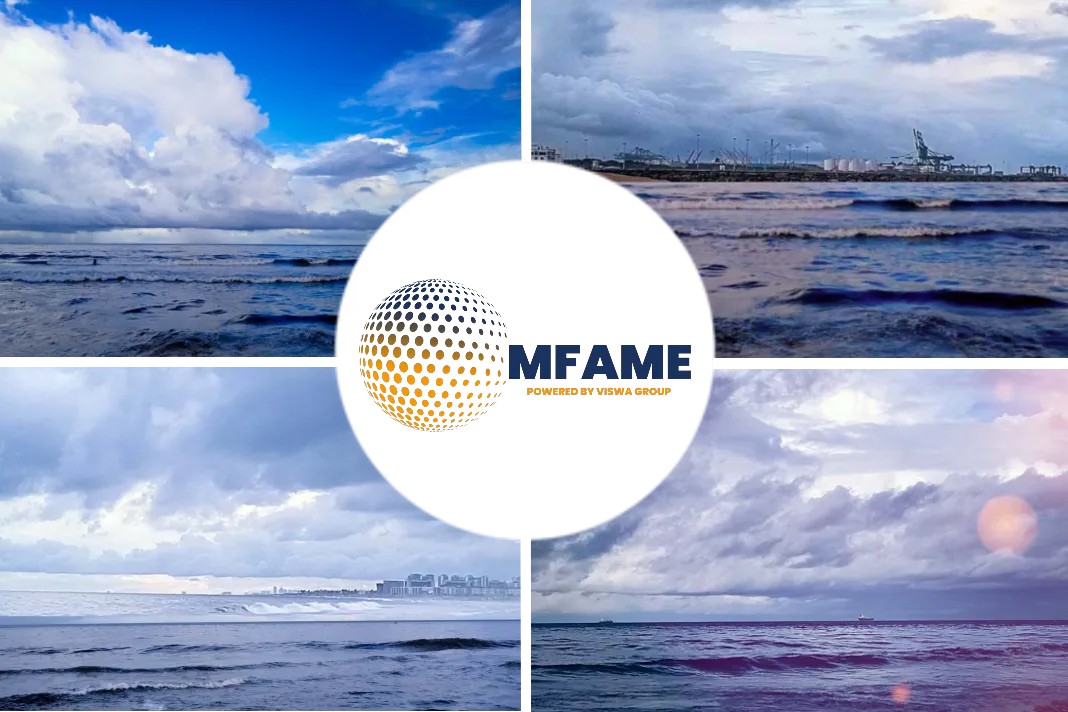
A consortium including technology group Wärtsilä has secured European Union funding to develop solutions minimizing methane slip from marine engines, advancing the environmental and climate benefits of LNG as a ship fuel.
The Green Ray Project
Coordinated by VTT Technical Research Centre of Finland, the Green Ray project brings together several companies from across the shipping value chain: shipyard Chantiers de l’Atlantique, ship owner CMA CGA, classification society DNV GL, the Finnish Meteorological Institute, ship manager MSC Cruises Management, non-profit organization Revolve Water and energy major Shell.
The project will develop on-engine technologies for low-pressure dual-fuel engines – both 2- and 4-stroke – as well as a novel aftertreatment concept. These solutions will be advanced to a high state of technology readiness, including demonstrators installed on two newbuilds and one retrofitted to an existing vessel. All the technologies developed in Green Ray will also be fully capable to utilize bio- or synthetic methane instead of fossil LNG.
Methane Slip Reduction
Wärtsilä will develop technology specifically for low pressure 4-stroke dual fuel engines that enables methane slip reduction, increases efficiency and lower operational costs at all engine loads. This technology targets the largest four-stroke engines on the market as widely used by cruise ships, ferries and gas carriers. Wärtsilä will also develop an on-engine technology for 2-stroke engines around a patented LNG injection system to reduce methane slip from tankers, container ships, etc. Both technologies will be demonstrated at sea in real application during the project in collaboration with the Green Ray partners.
The use of LNG as a marine fuel is accelerating, driven by a well-developed supply infrastructure, a clear transition to cleaner fuels and significant air pollution and climate benefits. The issue of methane slip – unutilized and thus unburned fuel escaping into the atmosphere from engines and across the production and supply chain – is seen as one of the main challenges to wider uptake. “Methane slip has become an important factor in ship owners’ decisions about whether to use LNG fuel,” said Kati Lehtoranta, Principal Scientist, VTT. “ With these promising technologies we aim to reduce the slip contributing directly to reduction of the total greenhouse gas emissions, opening this pathway to even wider segment of the maritime market.”
Did you subscribe to our newsletter?
It’s free! Click here to subscribe!
Source: Wartsila

















